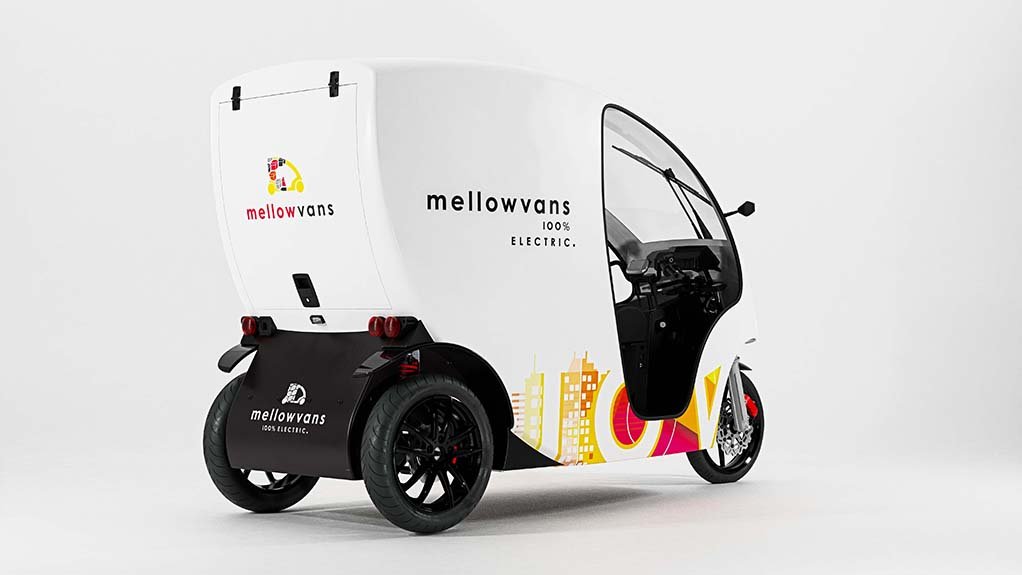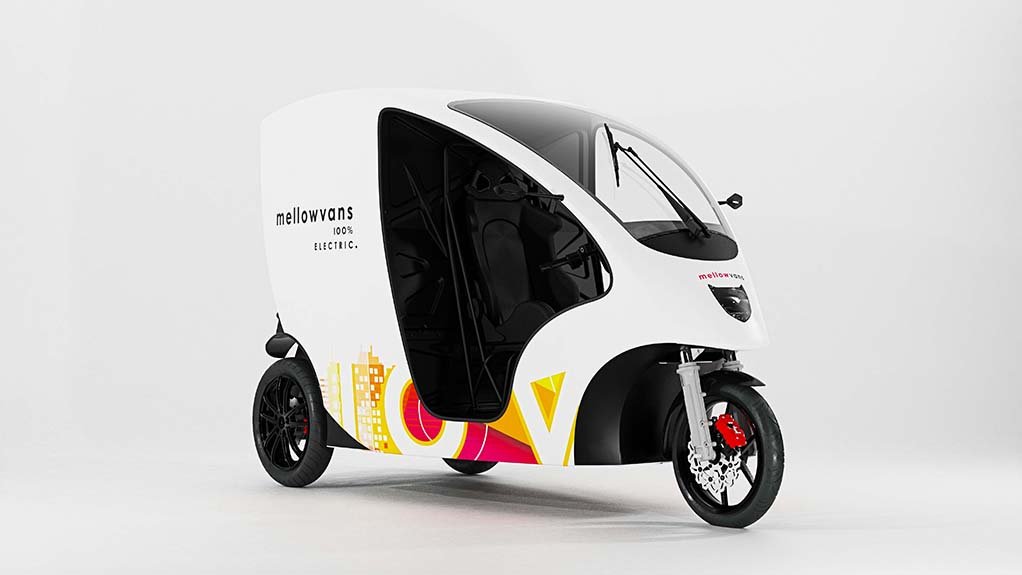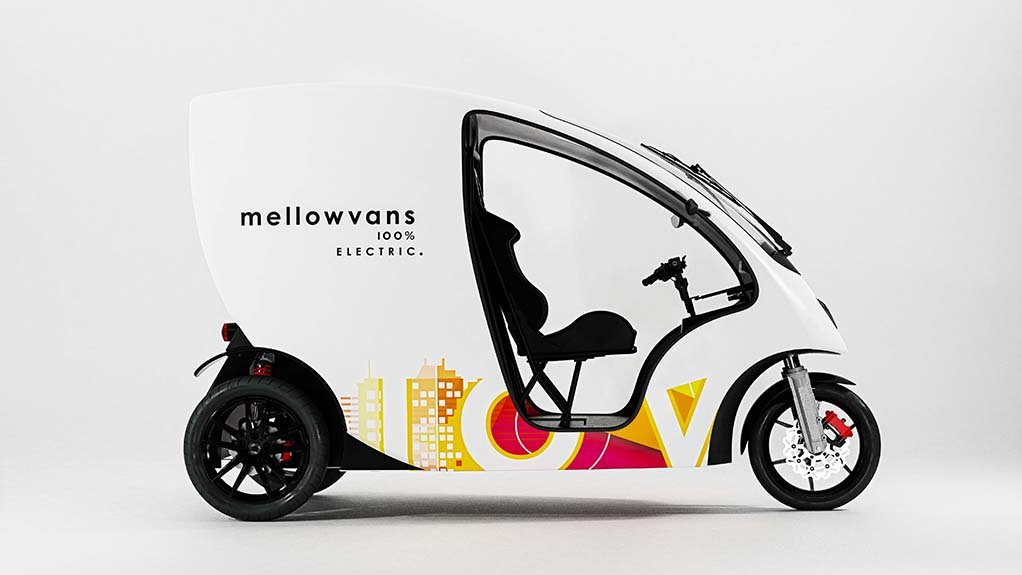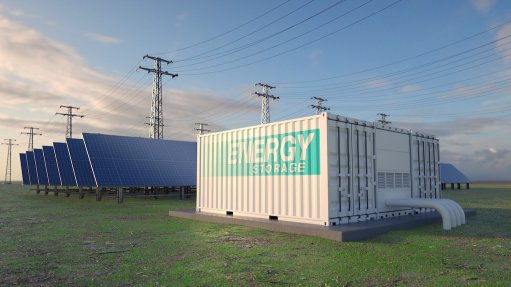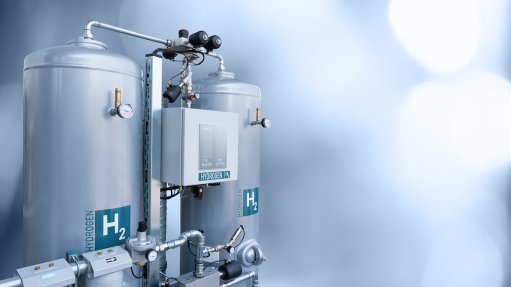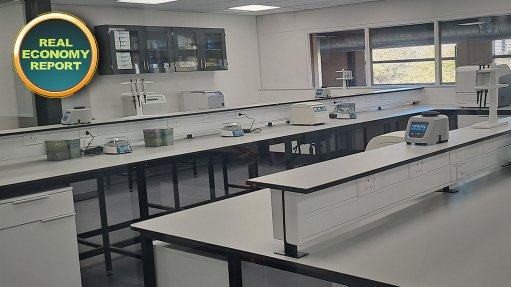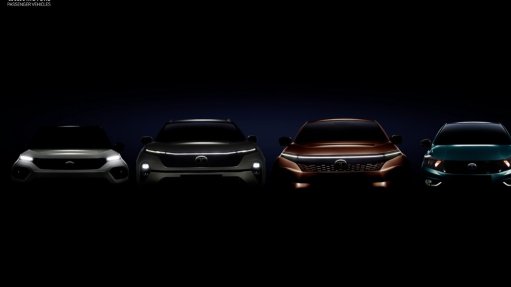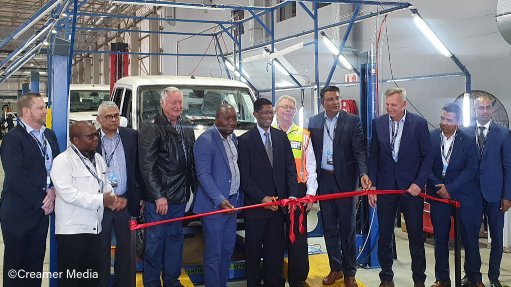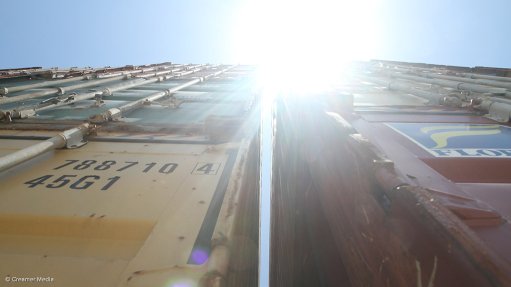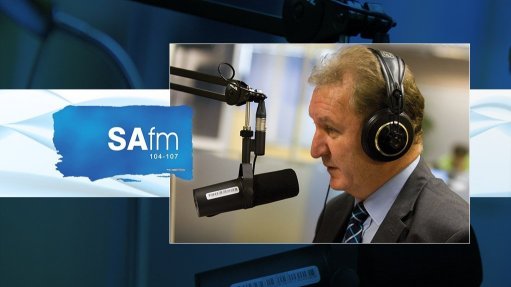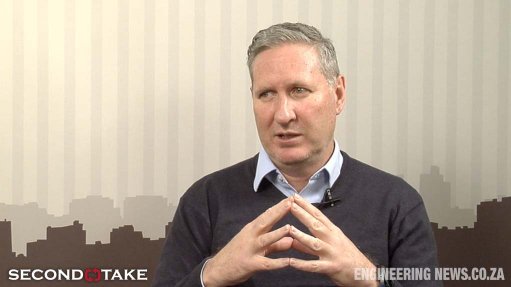MellowVans revisits vehicle design, operating model to target European rollout
Sometimes, a pandemic is not the worst thing that can happen to a company.
When Covid-19 hit, the pandemic did interrupt MellowVans’ global rollout plans, but it also prompted the Stellenbosch-based manufacturer to revisit the design of its electric three-wheel delivery vehicle, as well as its operating model.
“We realised just before lockdown in 2020 that we would like to improve our product by rather working to a European standard for our vehicles, which is aimed at the last-mile market,” says founder and CEO Neil du Preez.
He adds that the global marketplace saw an explosion in online shopping because of Covid-19 and, subsequently, also in last-mile deliveries in sectors such as e-commerce, retail and food.
“South Africa is still trailing these global growth numbers, but we are catching up,” notes Du Preez.
MellowVans’ redesign ended up being more of a remanufacturing process than a mere facelift, with everything on the electric vehicle (EV) upgraded, with the exception of the fibreglass composite outer shell.
“We sourced the best of everything we could find, made the vehicle lose some weight, and ensured that it would fully satisfy European standards,” says Du Preez.
“The result is a comfortable new vehicle that is a premium product built for Africa and Europe – in fact, it exceeds European safety standards.”
Production of the new-look vehicle started in January.
Operating costs of the new vehicle are at around 13c/km, with the 2.5 m3 cargo bay able to carry more, and larger items than competitor vehicles, says Du Preez.
“There is nothing on the road that can come close to our costs per cubed meter.”
He adds that the MellowVans’ number compares favourably with the AA rate for a small internal combustion engine delivery vehicle, at around R5.50/km, as well as an electric motorbike, which would have to make numerous trips to carry the same load volume.
The MellowVans vehicle is also feature-rich compared with a motorcycle, with a comfortable, lumbar support seat, safety belt, rollover cage, weather protection, as well as Bluetooth.
The top speed is electronically limited to 60 km/h, as the vehicle is designed to operate only on urban roads.
The range of the 10.7 kWh battery pack is around 100 km, with recharging through a standard wall plug, provided by an on-board charger.
Charging from empty to full takes around four hours.
The cargo area can also be customised to customer requirements, such as rails for a laundry business, or shelving for a retailer.
“We are currently looking at options around cooling the cargo area,” says Du Preez.
He also notes that around 70% of the vehicle is produced locally, by value.
MellowVans buys the battery from a South African company, which imports the cells to build the batteries.
“We make use of our own battery management system,” says Du Preez.
He adds that MellowVans is set to receive some benefits from government’s Automotive Production and Development Programme, as it is currently being revised to accommodate smaller manufacturers.
“Government did engage us, and we are participating in the process,” says Du Preez.
MellowVans employs around 35 people.
“We are looking at growing our production capacity, with exports in mind,” says Du Preez.
The MellowVan is currently undergoing testing in The Netherlands.
Locally, Takealot, Spar and DHL are all MellowVans customers.
“Our order book looks good, with a decent production pipeline,” says Du Preez.
EVs-as-a-service
Covid-19 not only prompted a change in MellowVans’ vehicles, but also in its operating model, with the vans no longer on sale, but leased to customers in what is known as EVs-as-a-service.
“We offer a three-year lease that includes everything – insurance, maintenance and training,” explains Du Preez.
One other, additional clause on the table is an advertising component.
“Either we brand the vehicle ourselves, or the client finds someone to advertise on the vehicle to reduce the price tag on the lease contract – by how much depends on the number of vehicles in the fleet,” notes Du Preez.
Comments
Announcements
What's On
Subscribe to improve your user experience...
Option 1 (equivalent of R125 a month):
Receive a weekly copy of Creamer Media's Engineering News & Mining Weekly magazine
(print copy for those in South Africa and e-magazine for those outside of South Africa)
Receive daily email newsletters
Access to full search results
Access archive of magazine back copies
Access to Projects in Progress
Access to ONE Research Report of your choice in PDF format
Option 2 (equivalent of R375 a month):
All benefits from Option 1
PLUS
Access to Creamer Media's Research Channel Africa for ALL Research Reports, in PDF format, on various industrial and mining sectors
including Electricity; Water; Energy Transition; Hydrogen; Roads, Rail and Ports; Coal; Gold; Platinum; Battery Metals; etc.
Already a subscriber?
Forgotten your password?
Receive weekly copy of Creamer Media's Engineering News & Mining Weekly magazine (print copy for those in South Africa and e-magazine for those outside of South Africa)
➕
Recieve daily email newsletters
➕
Access to full search results
➕
Access archive of magazine back copies
➕
Access to Projects in Progress
➕
Access to ONE Research Report of your choice in PDF format
RESEARCH CHANNEL AFRICA
R4500 (equivalent of R375 a month)
SUBSCRIBEAll benefits from Option 1
➕
Access to Creamer Media's Research Channel Africa for ALL Research Reports on various industrial and mining sectors, in PDF format, including on:
Electricity
➕
Water
➕
Energy Transition
➕
Hydrogen
➕
Roads, Rail and Ports
➕
Coal
➕
Gold
➕
Platinum
➕
Battery Metals
➕
etc.
Receive all benefits from Option 1 or Option 2 delivered to numerous people at your company
➕
Multiple User names and Passwords for simultaneous log-ins
➕
Intranet integration access to all in your organisation



